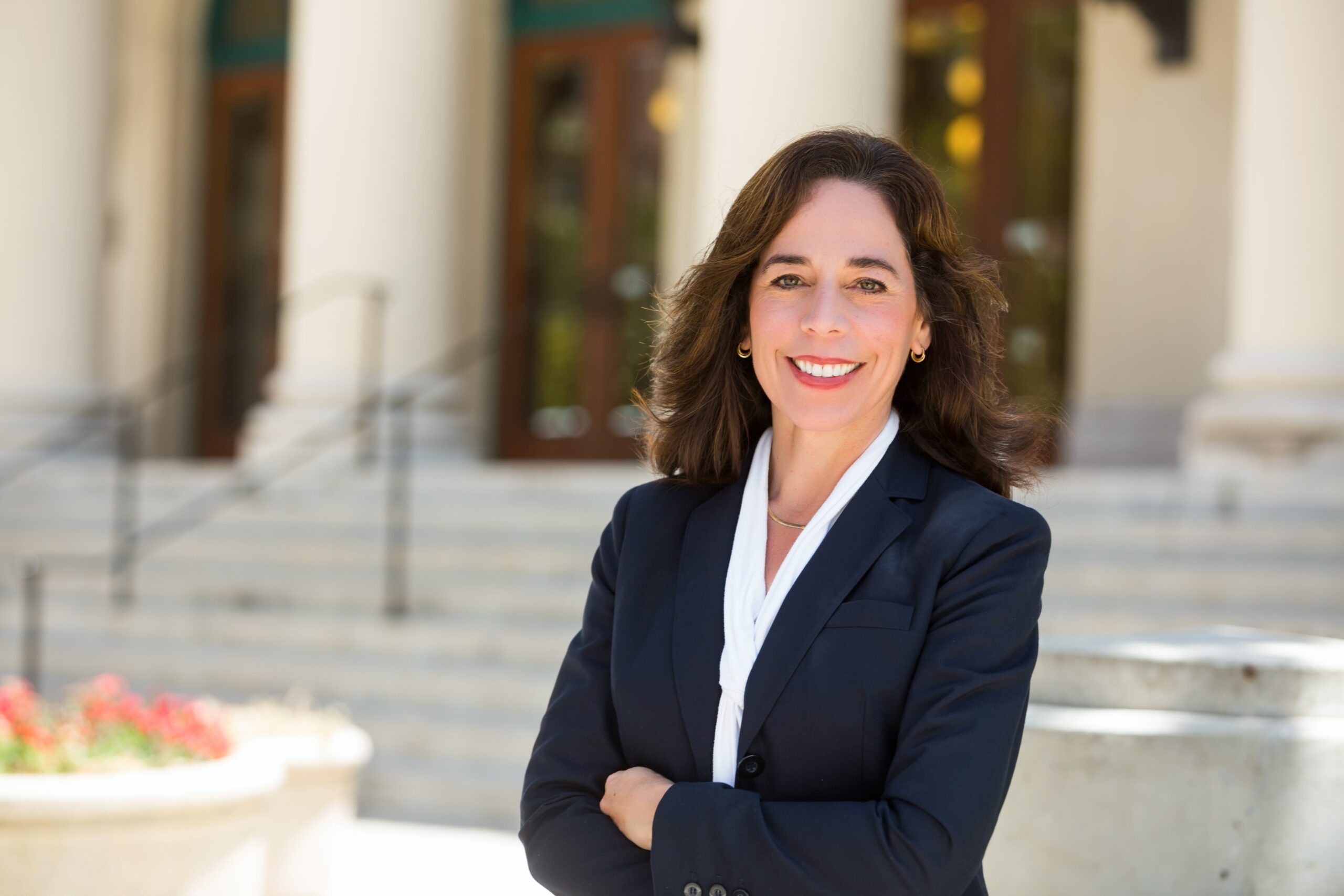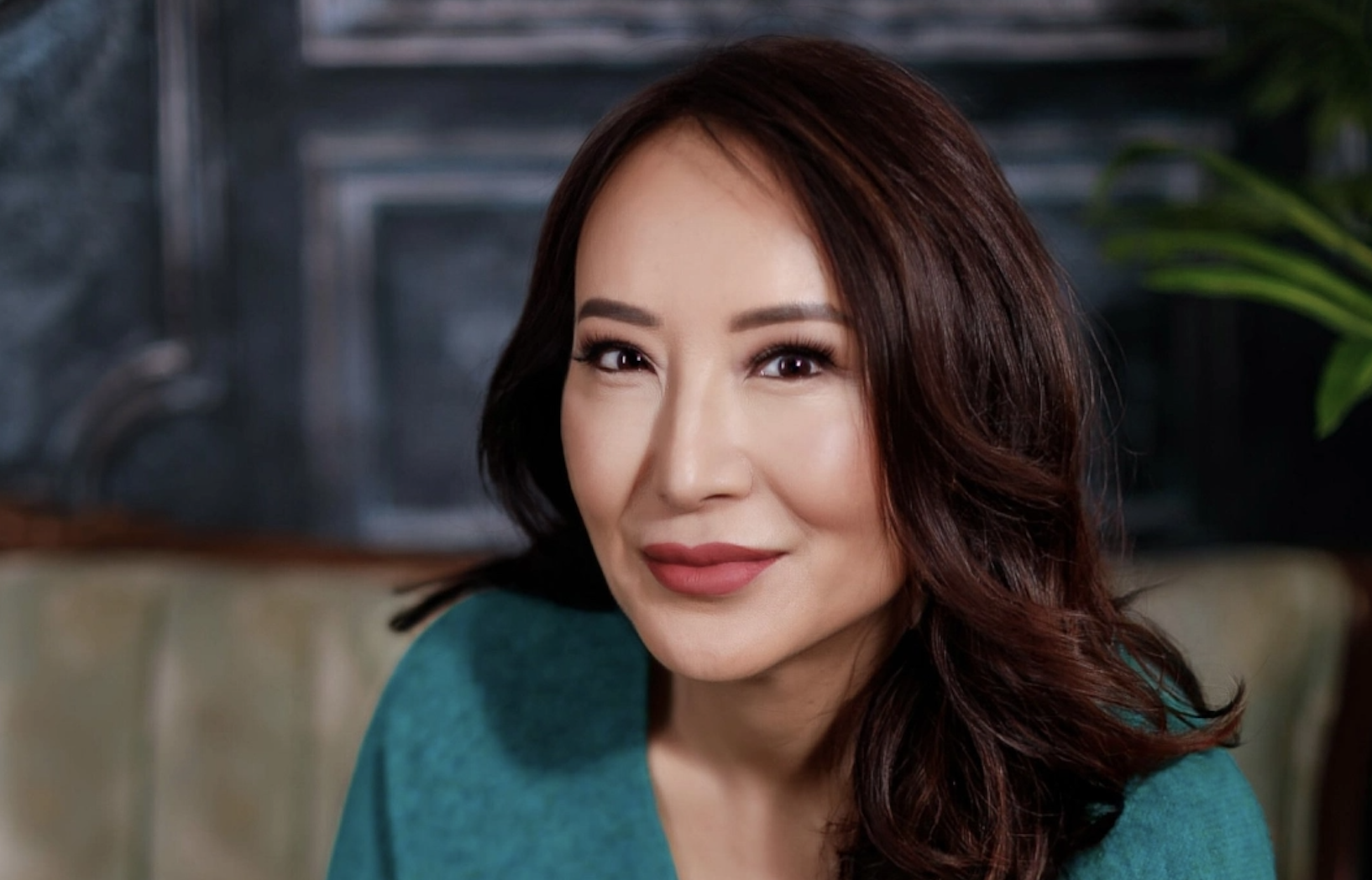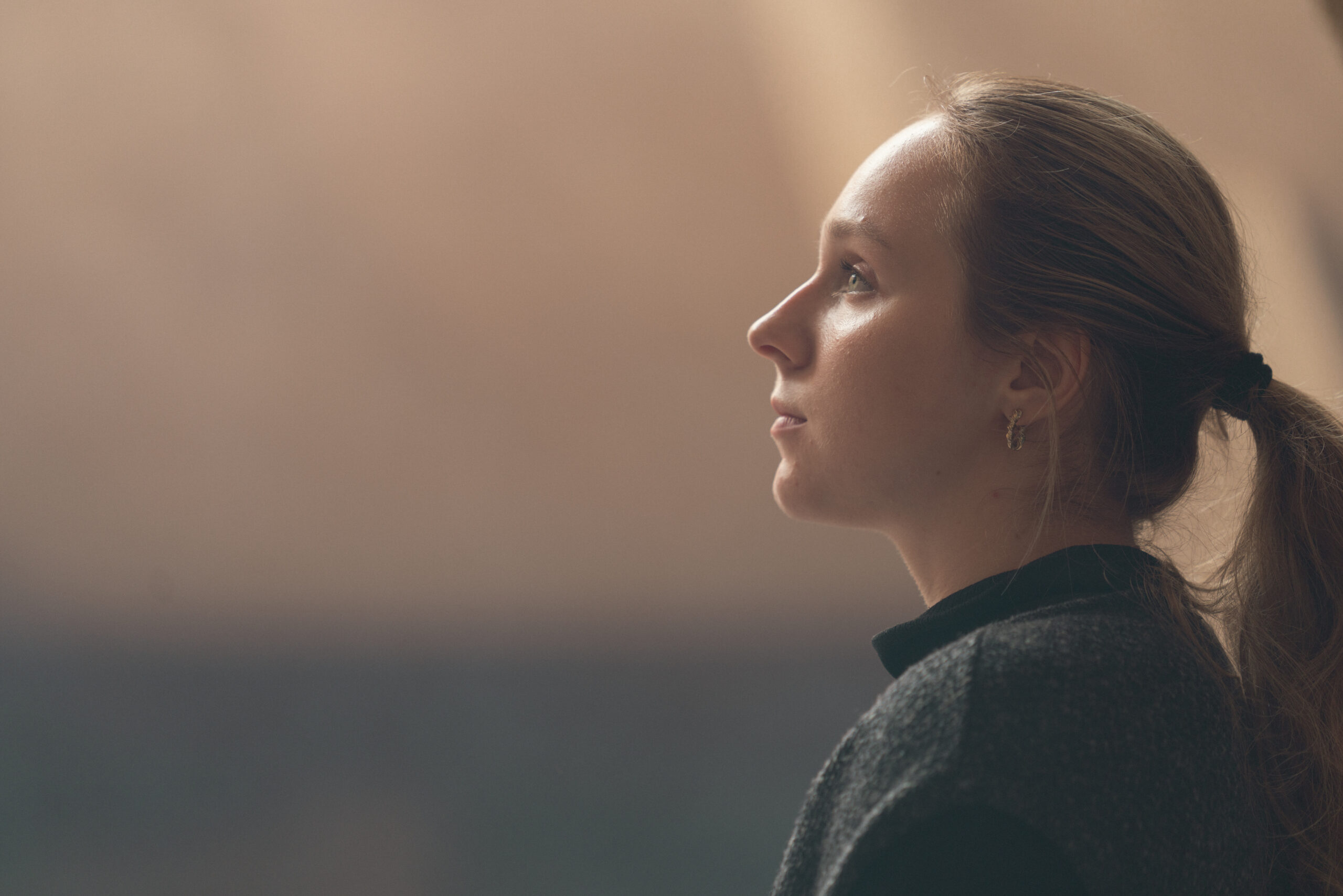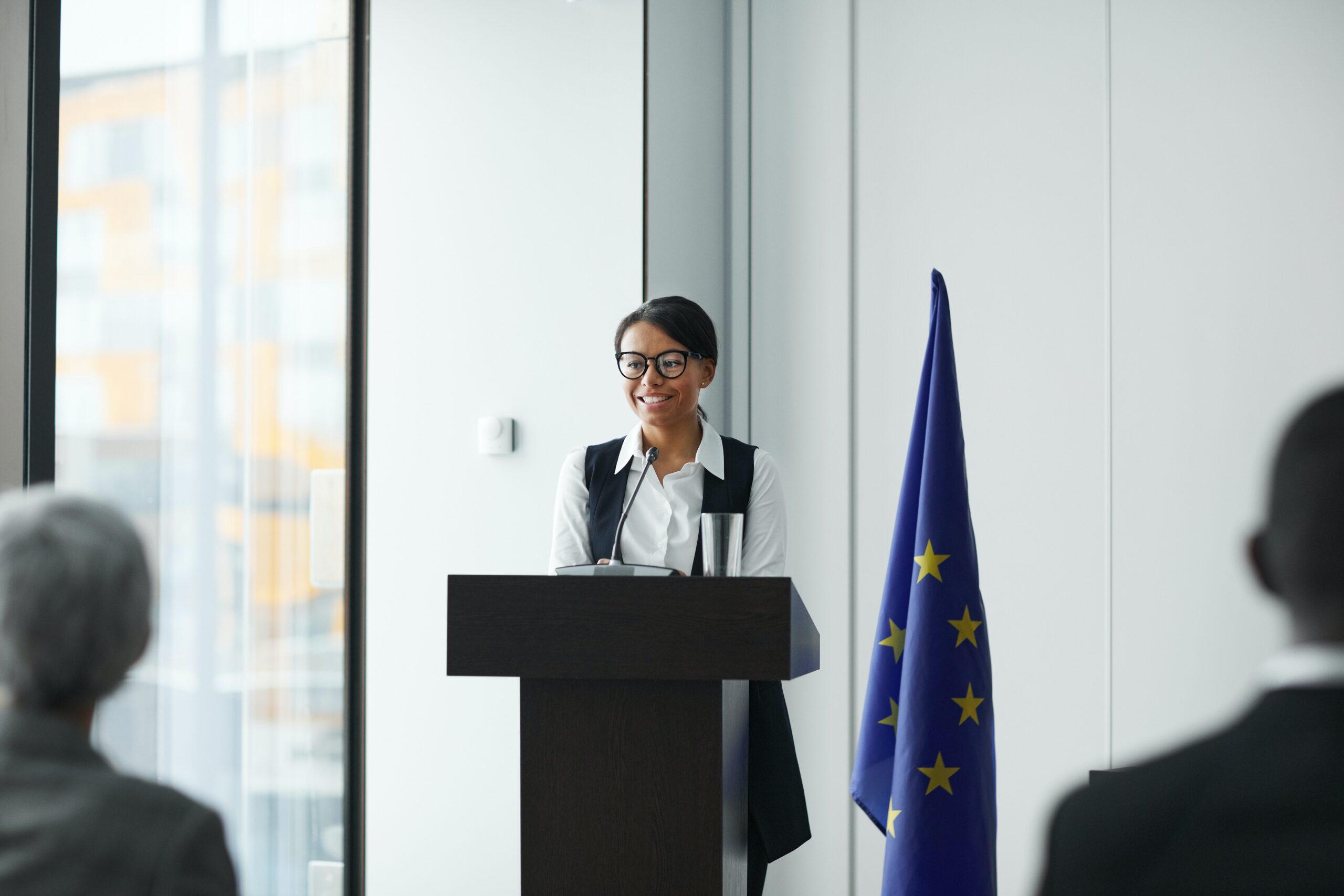
Get out the vote. These are 4 words that many of us around the world take for granted, but this past weekend, for women in Saudi Arabia, it was the start of a new era in the country.
In October many feminists around the world made the trip to the cinema to see the movie ‘Suffragette’ which examined a time in British history where women fought (violently, in some cases) simply for the right to vote. The end credits listed countries around the world with the corresponding year women were allowed to vote there. When it listed Saudi Arabia it said 2015 which puts the whole suffragette fight into perspective. It is more important than ever.
On Saturday December 12, women around the Gulf monarch state took to polls nationally for the first time to vote in municipal elections. In addition to this, women were also allowed to be nominated as leaders.
On Sunday December 13, the tallies and reports starting flooding news feeds globally. A total of 978 women registered as candidates, alongside 5,938 men. Officials said about 130,000 women had registered to vote in Saturday’s poll, compared with 1.35 million men. As for women being elected, reports say between 9-17 women won seats in certain municipalities.
There are some interesting facts about this Saudi Arabian election which should be taken into consideration. Not having the ability to vote was one of the two key problems women faced in the country, but before he died earlier this year, King Abdullah declared women will be allowed to vote in 2015 for local elections as well as the Shura council.

The downside to women being allowed to vote and run for positions of leadership in both these respects, it will not necessarily enable them to create legislation allowing them to drive, which is the second key problem for women in Saudi Arabia. While the King appoints positions to the Shura Council and they advise on policy, they cannot create legislation. Municipal electorates only hold local power which would not necessarily advance the cause of women across the entire country who want to be able to drive.
Before he died, King Abdullah did appoint 30 women to the Shura Council which was one step in giving women more of a presence in public life.
Also, this election wasn’t just historic for women, but all Saudis, as it is only the 3rd time in the country’s history that they have held such an election. BBC News reports there were no elections in 40 years between 1965 and 2005.
Unlike the current US Presidential campaign where every detail about a candidate, including their appearance especially for the female candidates, is scrutinized publicly, because of Saudi Arabia’s conservative culture, women were forbidden from appearing on campaign posters, signs and any marketing material. They simply campaigned their policies, and aside from knowing what their gender was, the public were not able to judge based on looks. Imagine how much less scrutiny and criticism women like Hillary Clinton and Carly Fiorina would have to put up with if this were the case in the US!
Although the female Saudi candidates were not able to address men directly while campaigning, reports say voter turnout was high. While there is major disparity between the number of men who voted and women, some say it is because of transportation restrictions on women. To help them get to polls, taxi service Uber offered free rides for women to enable them to vote.
This was a joint effort between Uber and Al-Nahda Philanthropic Society for Women, a Saudi women’s empowerment group.
“We needed to play a role because we found this really empowering to women. With regards to Uber itself … it’s good for our cause because it helps women get out and vote,” said Al-Nahda’s Chief Executive Rasha Alturki.
It is a term that has become quite a familiar one in the West and in democratic countries around the world, but for Saudis, female empowerment has quietly and slowly been infiltrating the Kingdom. In an Arab News op-ed piece ahead of the historic election, it claims that while the international media prefers the narrative of women being oppressed in Saudi Arabia, things are changing and we should be taking notice.
“Contrary to ill-informed outside opinion, Saudi women are very far from being second-class citizens. Female executives run or play key roles in some of the Kingdom’s most important companies. Many are prominent members of chambers of commerce. There are also leading academics, researchers, lawyers and health professionals who are female,” it said.
“For some years now, women have served on the Shura Council. Their invaluable contribution there has been recognized both by their male fellow Shura council members as well as by the government. There is also a female undersecretary at the Ministry of Education. Historically women have always played a powerful role in the family. Their public empowerment is a logical evolution. It reflects the careful but consistent approach of the Kingdom to change,” it concluded.
The article also mentioned the Baladi Initiative which consists of a series of programs that have been taking place around the country since March 2014 designed to encourage women to get involved in local politics.
“It means that our voice matters. It means that, in the context of representation, we are treated as citizens. It is a milestone in our efforts to gain human rights” said Hatoon al-Fassi, a professor of women’s history at King Saud University and who is part of the Baladi Initiative.

For us, it is a welcome change to hear this kind of progression, and for many Saudis, they hope the forward momentum will continue. While they were encouraged to see Kind Abdullah’s successor King Salman carry on the work of his predecessor, there are other ways men and women hope to see the public represented at the highest level.
“This is a great step. I’d like to see freedom in our lives — an elected parliament is important to represent the people. This is a country that can change,” said a business by the name of Mohammed bin Madshoush.
“People are not used to seeing women in leadership positions. They are used to see women as housewives, as mothers. But once they see them in action, they will see that it is possible—and that they are even better than men,” said Eihab Hassan Nassier, adviser to Rasha Hefzi, a social worker who won a seat in Jeddah.
There are still those who would prefer the ruling Monarchy as they don’t want to see their country being taken over by politics and the divisions that come with it.
Nevertheless, women finally being allowed to vote is a major step forward and represents the desires of the younger generation coming through. Now there only remains one country in the world where women cannot vote, and that is the Vatican City.
Going back to the earlier reference of the ‘Suffragette’ movie, we feel a quote from political activist and leader Emmeline Pankhurst herself seems an appropriate note to end on.
“You must make women count as much as men; you must have an equal standard of morals; and the only way to enforce that is through giving women political power so that you can get equal moral standard registered in the laws of the country. It is the only way.”


















6 thoughts on “Saudi Arabia Makes History By Finally Allowing Women To Vote & Become Elected Leaders”